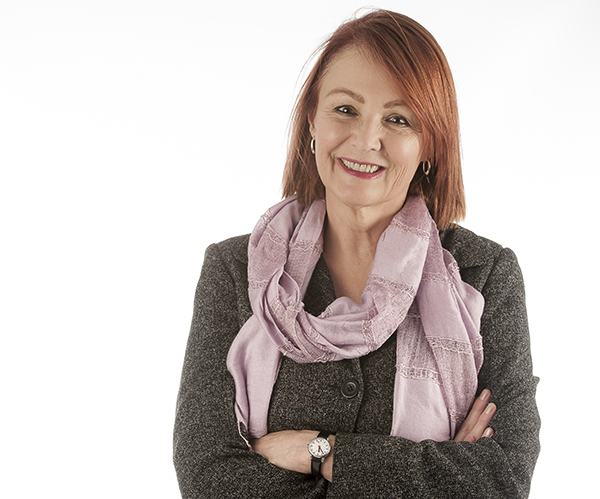Latest News Archive
Please select Category, Year, and then Month to display items
22 February 2018
Photo Thabo Kessah
 Pakiso Mthembu will be representing South Africa in Mauritius and Algeria.
Pakiso Mthembu will be representing South Africa in Mauritius and Algeria.
This year, the University of the Free State’s Qwaqwa Campus will unleash a running sensation that is equally comfortable on track, cross-country, and road running and is on a mission to conquer the world. His name is Pakiso Mthembu from Tweeling in the Eastern Free State. Pakiso has recently qualified for the Junior Men’s Southern Region cross-country championships that will be held in Mauritius on 24 February and in Algeria on 17 March 2018.
“I am glad that I managed to run my personal best time of 24:02 during the qualification trials held in Bloemfontein in January, which set me on the road to Mauritius and Algeria,” said Pakiso, a BEd FET first-year student.
His personal best in the 10 km road-running category and in the 5 000 m track are 30:55 and 14:29, respectively.
Praise for Soke
“It is only through dedication, hard work, and listening to my coach that I can achieve my dreams of representing South Africa at the International Association of Athletics Federations World Junior Championships (IAAF) to be held in Finland in July, and at the 2020 Tokyo Olympics. I have one of the best coaches in this part of the world and it gives me great pleasure to work with him, having grown up admiring him during his days,” he says in reference to Boy Soke, who identified his talent and recruited him to the Qwaqwa Campus.
Pakiso has already represented South Africa in Uganda.
Research chair into Higher Education gets boost for five more years
2017-11-21

Prof Melanie Walker, Director of the Centre for Research on
Higher Education and Development (CRHED).
Photo: Supplied
The research Chair in Higher Education and Human Development within the Centre for Research on Higher Education and Development (CRHED) at the University of the Free State has secured funding for another five years. It follows a favourable evaluation by the South African Research Chairs Initiative (SARChI) of the research project at the UFS.
The Director of the Centre, Prof Melanie Walker, says she is delighted by the recognition of the Chair's hard work and significant productivity. “This new round of funding secures the centre and its activities for the next five years.”
Under the auspices of the Chair, research is conducted on higher education, inequalities and social justice, and how or if universities foster the human capabilities and aspirations of students. In essence, the research studies whether higher education makes a difference to the lives of students, their families and communities. Prof Walker says the Chair's projects look at issues of access, participation and transitions into work, as well as gender, race and social class. The research uses quantitative and qualitative methods and includes a strand of participatory research projects with students.
Prof Walker says through the Chair research project, and the Centre, researchers have developed extensive international links and produced international quality research and publications. “We foster high-quality PhD graduates as a new generation of social science academics.” The Chair has in the first five years produced 10 PhDs and four master’s students.
The project in the next five years will continue with its focus on higher education and human development research. Prof Walker says all the research efforts seek to contribute to more justice in society and universities and to contribute to debates, policy and practices in higher education and a scholarly knowledge base.
The Research Chairs Initiative aims to improve the research capacity at public universities to produce high-quality postgraduate students, research and innovative outputs. The assessors looked at features such as the number of students the research entity had trained and how many publications the research team had produced.